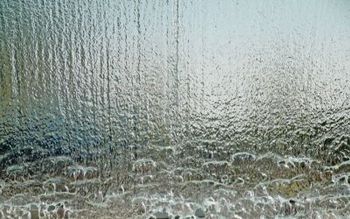
News


Imagine a nurse, lets call her Jill, who faces multiple scrub-ins everyday as part of her operating room (OR) role. She struggles with a rash on her hands and wrists that just wont go away, causing both physical and emotional trauma. These recurring and often painful skin conditions which range from mild irritations to more serious reactions can persist, despite the care taken by nurses and hospitals. Add to that the toll in sick leaves and absenteeism, and the cost of this condition can be painful to both staff and administration. Despite the care and costs, hospitals have not solved the problem. But there is an answer!

Re-engineering of Process and Culture Required to Rise to New Levels of Transparency, Patient Safety
Protecting patients from surgical and healthcare-associated infections (HAIs) is always part of the safety agenda at the National Patient Safety Foundation, says the organizations president Diane Pinakiewicz. The organization has partnered with and supported the Association for Professionals in Infection Control and Epidemiology (APIC), and last year developed tools to help consumers understand the patients role in protecting against HAIs.

Since person-to-person spread does not occur with Legionella pneumonia, it remains one of the very few healthcare-associated infections (HAIs) linked exclusively to an environmental source in this case, water. Unfortunately, the advantage of focusing prevention efforts on this defined reservoir is offset by the ubiquity of water in healthcare settings and the varied ways in which water systems may interact with the provision of patient care.
























